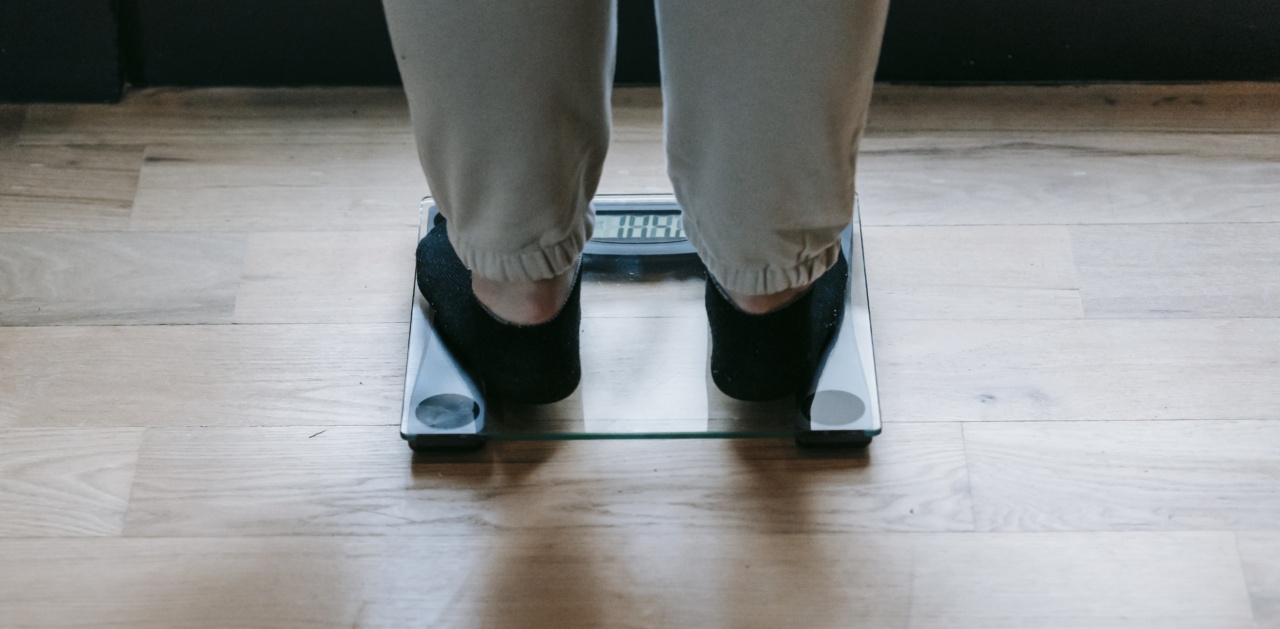Teenagers with excess weight often struggle with body image issues, experiencing a distorted perception of themselves. This article aims to explore the reasons behind this phenomenon and offers insights into promoting a healthy body image among teens.
The proliferation of unrealistic beauty standards and societal pressure can heavily impact a teenager’s self-esteem and mental health.
Societal Pressure and Unrealistic Beauty Standards
Society places great emphasis on thinness and perfection as the ideal body type, which can lead overweight teenagers to develop a negative self-image.
Comparisons with images portrayed in media platforms, such as social media, magazines, and television, can make them feel inadequate and unworthy. The constant bombardment of advertisements featuring size-zero models can intensify these feelings and contribute to body dysmorphia.
The Media’s Role in Shaping Body Image
The media undoubtedly plays a significant role in shaping body image perceptions. By perpetuating unrealistic beauty standards, it creates an unattainable ideal that many teenagers struggle to meet.
The consistent exposure to such imagery can lead young minds to develop an unhealthy relationship with their bodies, often resulting in disordered eating habits and low self-esteem. It is crucial to teach teenagers to critically analyze media messages and recognize that the media often presents an airbrushed and photoshopped version of reality.
Peer Pressure and Its Impact
In addition to societal pressure, teenagers with excess weight might face peer pressure from their peers concerning their appearance. Bullying, teasing, and body shaming can significantly contribute to their distorted body image.
Negative comments and remarks can deeply affect their self-confidence and social interactions, leading to feelings of isolation and dissatisfaction with their bodies. Creating awareness about the harmful impact of body shaming and fostering a supportive and inclusive environment is essential to promote body positivity among teenagers.
Parental Influence and Support
The role of parents cannot be overstated when it comes to bolstering a teenager’s body image. Parents should provide unconditional love, support, and acceptance to their children, regardless of their physical appearance.
Encouraging open conversations about body image, self-esteem, and promoting a healthy lifestyle can aid in building a positive body image in teenagers. By fostering self-acceptance and emphasizing the importance of inner qualities, parents can help their children develop resilience against societal pressures.
Education on Body Diversity
Introducing education on body diversity within school curricula can help normalize different body shapes and sizes.
Providing teenagers with a well-rounded education that teaches the importance of body acceptance and self-love can have a profound impact on their mental well-being. By highlighting examples of influential figures with diverse body types, teenagers can learn to embrace their uniqueness and avoid falling into the trap of distorted body image.
Promoting Physical and Mental Well-being
Encouraging teens to adopt healthy lifestyle habits that focus on overall well-being, rather than solely on weight loss, can contribute to a positive body image.
Emphasizing regular physical activity, balanced nutrition, and instilling a sense of body gratitude can help teenagers develop a healthier perspective on their bodies. Addressing mental health is equally important, as it can significantly impact body image.
Creating safe spaces for teenagers to discuss their emotions with counselors or support groups can be beneficial in improving their overall perception of themselves.
Media Literacy and Critical Thinking
Teaching media literacy and critical thinking skills is crucial to combat the negative influence of media on teenagers’ body image.
Educating teenagers on the manipulation techniques employed by the media, such as digital alterations and marketing strategies, can empower them to question and challenge unrealistic beauty standards. By promoting a critical examination of media messages, teenagers can develop a healthier and more realistic view of their bodies.
Encouraging Positive Self-Talk
Encouraging positive self-talk is an effective method to counter distorted body image among teenagers. By promoting self-acceptance and self-love, teenagers can build a more positive relationship with their bodies.
Teaching them to appreciate their bodies for what they can do rather than focusing solely on appearance can help diminish their negative self-perception.
Seeking Professional Help
In severe cases where body image issues are significantly impacting a teenager’s mental health, seeking professional help is vital.
Therapists, psychologists, or support groups can provide guidance and support to teens struggling with self-image problems. Professional intervention can assist in addressing underlying mental health conditions and developing coping strategies to improve body confidence.
Conclusion
Teenagers with excess weight often grapple with distorted body image due to societal pressure, unrealistic beauty standards, and peer influences.
Addressing this issue requires a multifaceted approach that involves promoting body positivity, teaching media literacy, encouraging healthy habits, fostering open conversations, and seeking professional help when necessary. By emphasizing self-acceptance, providing support, and challenging societal norms, we can help overweight teenagers develop a healthy body image and improve their overall well-being.






























